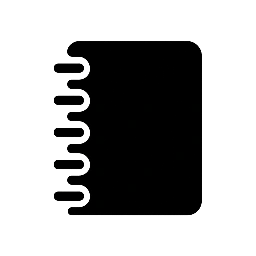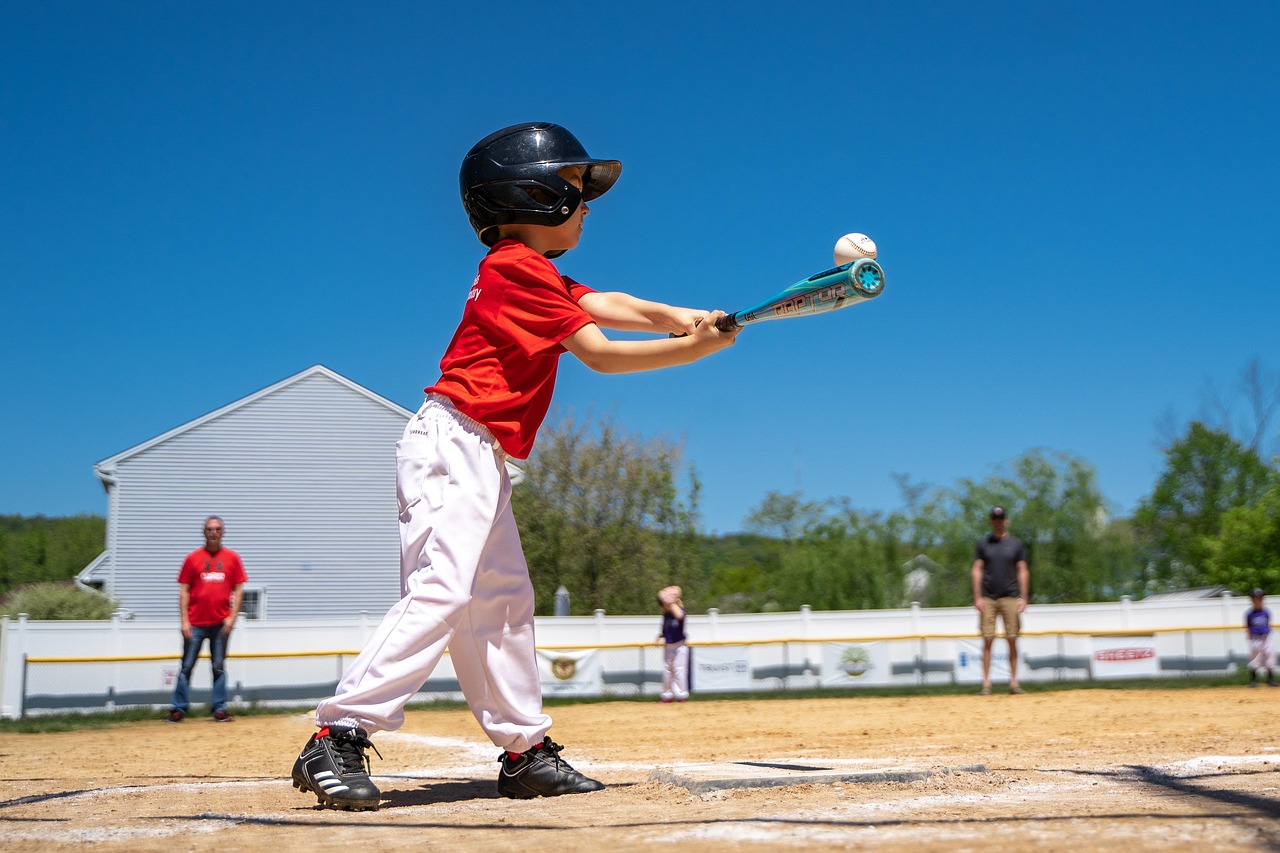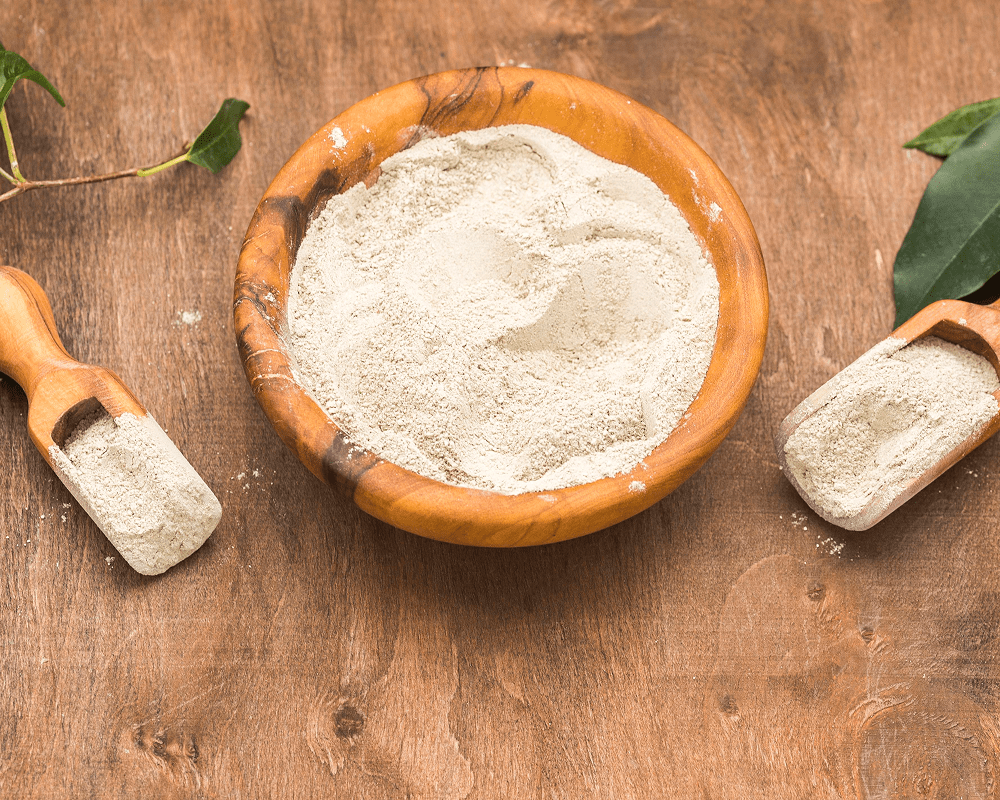Custom baseball bats offer players the chance to improve performance by tailoring weight, length, and material to their specific needs. These bats are designed to optimize control, power, and comfort, which can directly impact a player’s game.
Choosing a custom bat means considering factors like bat speed and swing style, which off-the-shelf bats may not address. They provide an edge by fitting the player rather than forcing the player to fit the equipment.
Many players find that customization helps them gain confidence at the plate. Understanding how different options affect play is key to picking the right bat.
Types of Custom Baseball Bats
Custom baseball bats vary mainly by material and construction, which affect performance, durability, and league legality. Brand selection also plays a crucial role in quality and options offered to players.
Wood vs. Metal Bats
Wood bats are favored in professional and collegiate play due to their traditional feel and league rules. They offer a consistent swing weight and better feedback on contact but are prone to breaking. Common wood types include maple, ash, and birch, each with different density and flexibility.
Metal bats, primarily aluminum or alloy, are popular in amateur leagues for their durability and increased swing speed. They often feature a hollow construction with a composite or foam core to reduce vibration. Metal bats generally have a larger sweet spot compared to wood but may be restricted in some leagues.
Materials and Construction
Wood bats are crafted from a single piece or laminated layers of hardwood, affecting weight distribution and strength. Maple is dense and hard, giving power hitters an advantage, while ash is lighter and offers more flex.
Metal bats use aluminum or alloys combined with composite materials to maximize strength and reduce weight. Many custom bats feature barrel designs for improved aerodynamics and ergonomic grips for comfort. Composite bats blend carbon fiber with metal to enhance performance but require break-in time.
Material Pros Cons
Maple Wood High density, power Heavier, can break
Ash Wood Lightweight, flexible Less durable, splinters
Aluminum Lightweight, durable Can dent, less traditional
Composite Vibration reduction Expensive, break-in needed
Popular Bat Brands
Louisville Slugger, Marucci, and Axe Bat are leading manufacturers known for quality and innovation in custom bats. Louisville Slugger excels in traditional wood bat craftsmanship.
Marucci combines advanced materials with player input to design metal and wood bats suited for various skill levels. Axe Bat’s signature handle shape offers ergonomic benefits and improved swing mechanics for many players.
Other notable brands include DeMarini, known for composite technology, and Rawlings, which offers a wide range of custom options for both wood and metal bats. Each brand provides customization choices in length, weight, and finish.
Customization Options and Process
Custom baseball bats offer various ways to tailor the equipment to fit individual preferences and requirements. Important factors include design elements, physical specifications, and timing for production and delivery.
Design and Personalization Features
Buyers can choose from multiple design elements such as color schemes, graphics, logos, and text engraving. Typical options include bat wraps, custom decals, and laser-etched names or numbers.
Some manufacturers allow uploading personal artwork or team logos to be incorporated into the bat’s design. This ensures the bat reflects personal style or team identity.
Colors are usually selected from a predefined palette, but some companies offer full custom color matching. Fonts for text customization vary from simple block letters to stylized script.
Sizing and Weight Selection
Choosing the correct length and weight is essential for performance and comfort. Length usually ranges from 28 to 34 inches, depending on the player’s age and league rules.
Weight is often expressed in ounces and should balance swing speed with control. Some custom bat makers offer training models with varying weight drops.
Grip diameter can also be customized, affecting how the bat feels in the hands. Customized bats include detailed sizing charts or tools to help select the best fit.
Ordering and Lead Time
Custom orders are typically placed online or through specialty retailers. The process involves selecting specifications, submitting design files if applicable, and confirming measurement details.
Lead times vary but often range from 2 to 6 weeks, depending on complexity and manufacturer workload. Expedited options may be available for additional fees.
Customers receive confirmation of their order and expected delivery date. Some manufacturers provide tracking or updates during the production phase.




Leave a Reply